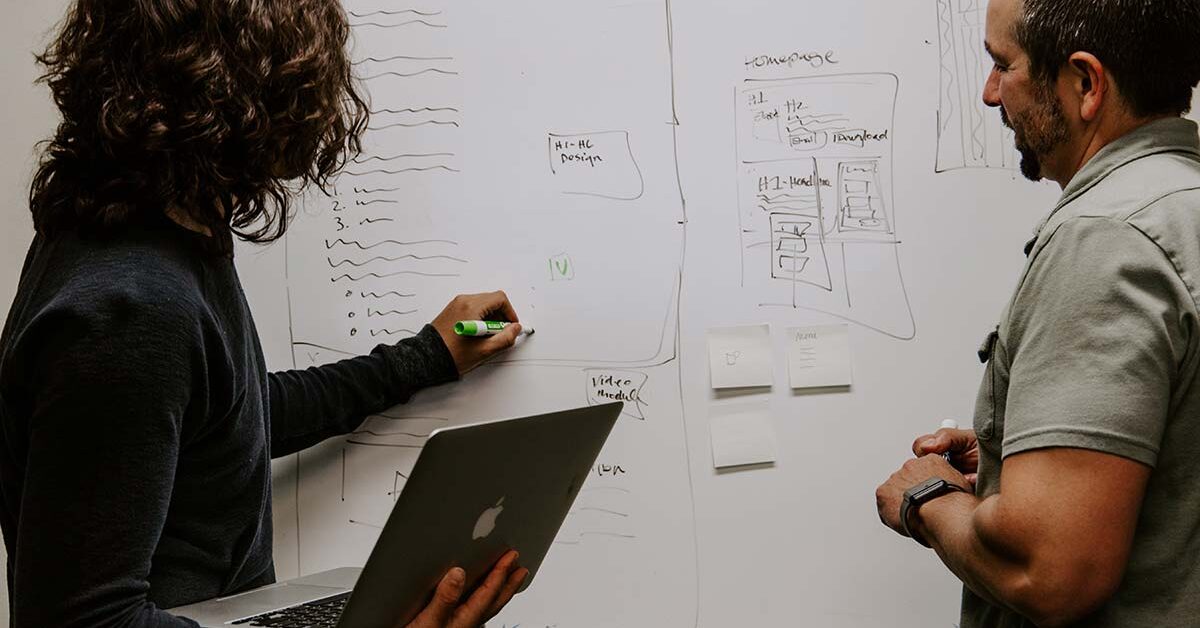Climate change is a source of significant uncertainty for organisations. Emissions of greenhouse gases will have to be reduced to close to zero across the whole economy if the UK is to meet the legally binding target of net zero emissions by 2050. Yet how companies will be expected to achieve this, and on what sort of trajectory, remains unclear.
Wait and see versus proactive
Research shows that when faced with this kind of uncertainty, some firms will adopt a “wait and see” approach, continuing as usual until something concrete makes them change course. Others though, will be more proactive – grasping the nettle and initiating changes even though, for the time being, they could coast along. It is those in the latter group who typically emerge in the better position. By taking early steps to adjust to the changing landscape, these companies differentiate themselves from their competitors. They’re also in a better place to respond when clear government policy and regulation does come down the pipe.
We can see these different approaches in practise now. Since the government made its 2050 net zero commitment, some organisations have changed little, waiting to be pushed before starting their own net zero journey. Others, for example Sky, have decided to set their own path – with a net zero by 2030 promise – and received lots of positive publicity in the process.
Organisational learning
But what is it about organisations which makes them favour wait and see or proactive approaches? Academics working in the field of business strategy point to something called ‘organisational learning’.
Organisational learning is defined by academics Gilbert Probst and Bettina Büchel as “the process by which the organisation’s knowledge and value base changes, leading to improved problem-solving ability and capacity for action”. More simply it is the process through which organisations develop and apply new knowledge.
In the context of sustainability challenges like climate change, an organisation’s capacity for organisational learning is crucial. Ecological economists Bernd Siebenhüner and Marlen Arnold argue: “Companies trying to implement sustainable development find their conventional operations fundamentally challenged. Processes and products need to be re-invented, controlling systems have to integrate new sets of data, external and internal communication strategies require revisions and basic values and knowledge systems need to adapt. Most of these challenges necessitate new knowledge. They can hardly be met by applying ready-made concepts or by implementing conventional strategies with different contents. Therefore, organizational learning becomes a key element of any effort to effectively implement sustainable development in corporations.”
Learning culture
But what is it that gives some companies the capacity for organisational learning – and therefore the ability to rise to sustainability challenges – while others struggle to evolve?
The researchers Su-Yol Lee and Robert D. Klassen identified a series of behaviours and practises that must be part of a company’s culture in order for organisational learning to take place. A company’s internal processes must be collaborative they found, with an emphasis on things like teamwork, group problem solving, participative decision making, open communication and encouragement for idea generation. At the same time organisations must be prepared to look outward for new sources of information and have a belief in continuous improvement and experimentation.
They concluded: “Managers need to facilitate cross-functional teamwork, open communication and employee support as well as encouragement for frequent interaction with external knowledge sources, which are believed to be critical factors for facilitating organizational learning.”
Siebenhüner and Arnold had similar findings. “Our results suggest that qualification and training of personnel seem to be most helpful for enabling organizations to learn and change,” they said.
What is certainly clear is that climate change is not going away. Sooner or later organisations will have to confront the problem and put in place plans to dramatically reduce their emissions. Their ability to do this, and therefore adapt to the emerging business landscape, will depend on their ability to learn.




One Response
It is a pity, that I can not participate in discussion now. I do not own the necessary information. But this theme me very much interests.
https://fluttercorner.com/wp-includes/image/